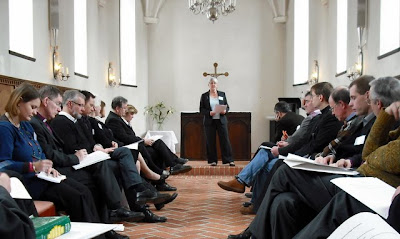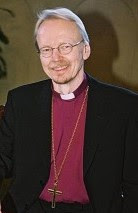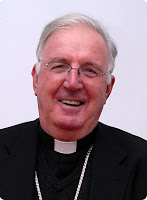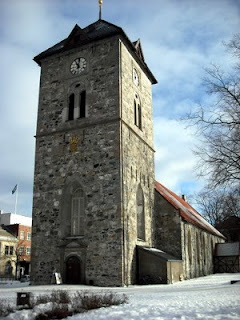Bishop Don Bolen

In December I mentioned that a long-standing ecumenical friend of the diocese, the Monsignor Donald Bolen, had been named by Pope Benedict to be the Bishop of Saskatoon in Canada. Mgr Bolen was the officer for Anglican (and Methodist) relations at the Vatican's Pontifical Council for the Promotion of Christian Unity for many years. His ordination as bishop was on the feast of the Annunciation. We send Bishop Don our warmest congratulations and prayers as he commences his episcopal ministry.













